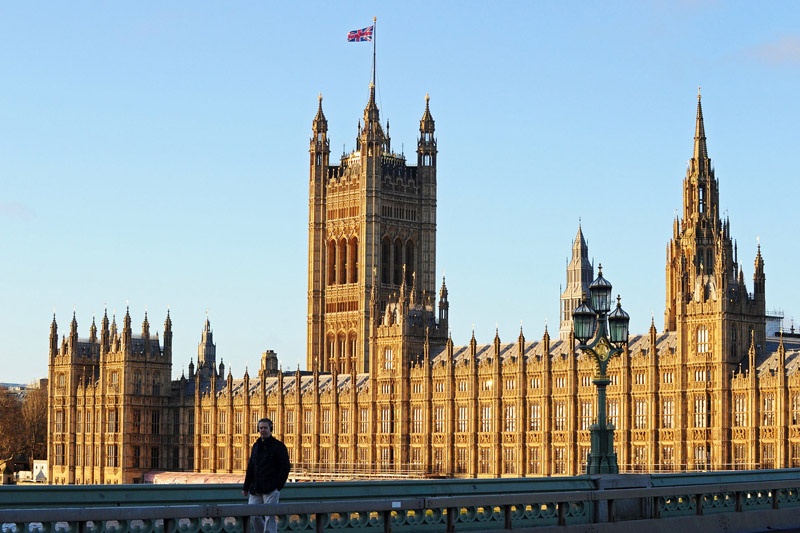
BRUSSELS: Brussels and London were still battling over fish yesterday, delaying the planned announcement of a trade deal to cushion the economic blow of the UK's imminent EU departure. British Prime Minister Boris Johnson and European Commission chief Ursula von der Leyen had hoped to announce an accord after 10 long months of wrangling over how to ensure fair trade as rival powers after half a century of partnership.
But the debate on how to attribute fishing rights in UK waters emerged as the final stumbling block once again, sending negotiators back into intense overnight discussions dealing with quotas line by line, species by species. "Hopefully Brexit for the first time in many, many months can provide us with some good news this Christmas Eve, later on today - that's the expectation," Irish Foreign Minister Simon Coveney told RTE in Dublin, as EU capitals waited for news.
Britain formally left the EU in January after a deeply divisive referendum in 2016, the first country to split from the political and economic project that was born as the continent rebuilt in the aftermath of World War II.
'Fight over the numbers'
Coveney, a veteran of the cross-Channel Brexit battles that erupted after the vote, said a briefing of a working party on fish that had been due in Brussels had "also been postponed until later on today". "So clearly they're still negotiating and still trying to finalize a deal," he said, as European officials in Brussels warned that any announcement was being pushed back by detailed haggling over quotas for EU crews in UK waters.
"There is a fight over the numbers, and that is a bad sign," one European source said, while another added that "negotiations are still not finished". A well-placed French source close to the negotiations said that France's President Emmanuel Macron was holding out against too hasty a settlement. "It is France that is blocking it. It is Macron himself," the source said.
"Nothing will be done if this agreement is not satisfactory for French fishermen, which is very convenient for other European fishermen and some other European countries who do not want to be in the front line and are happy that France is." The delays came after European officials had confidently told journalists on Wednesday afternoon that both sides were "in the final phase" of ironing out the 2,000-page pact.
Diplomatic sources said member states, in particular France, pressed the Commission to go back to the British camp to seek specific guarantees. At stake is Europe's share of the €650-million ($793 million) annual catch of fish in British waters, and how to divide these quotas between species and geographical zones - always a painstaking negotiation even between EU members.
- 'Huge concessions'
Britain has been seeking a steep cut of more than a third to the EU share of the haul, phased in over three years. Europe's northern fishing powers - France, Denmark, Ireland, the Netherlands and Belgium - stretched to a 25 percent cut over six years. A senior French official told AFP on Wednesday that Britain had made "huge concessions", but apparently this was not enough to clinch the deal -even if several British newspaper front pages celebrated what they saw as Johnson's victory.
The deal, if it is confirmed, would come just days before Britain is set to leave the EU's single market at the end of the year and would spare the two sides from trade tariffs. Britain has been in a transition period since its formal departure from the now 27-member EU in January, still trading under EU laws.
Transport chaos
After months of negotiations between exhausted senior officials, the focus in the talks had shifted since Monday to cross-Channel calls between Johnson and von der Leyen. Failure to reach a deal would mean tariffs on cross-Channel trade in food and goods, exacerbating the economic shock of a return to a customs border after 47 years of integration. Most economists expect Britain to take a sharp economic hit in terms of lost growth in the decades after the divorce, but this would cut deeper without a trade deal at all.
Britain and France experienced a foretaste of what the chaos might look like this week when France abruptly closed its borders to British lorries, trains and planes. Paris was responding to concerns about a new coronavirus variant spreading in Britain, but the huge queues of trucks and threats of supply shortages were taken as an ominous sign. Both London and Brussels insist they are ready for a return to tariffs and a customs border - but business groups are sounding the alarm about the possible disruption to come. - AFP




